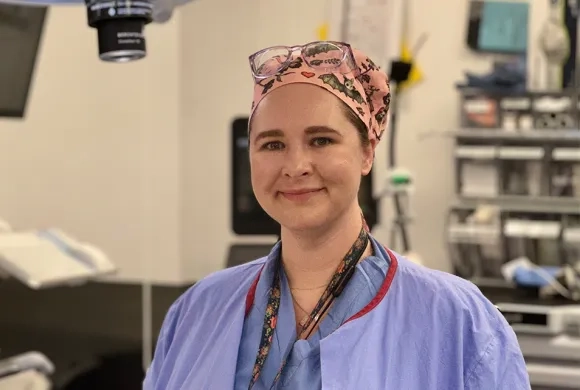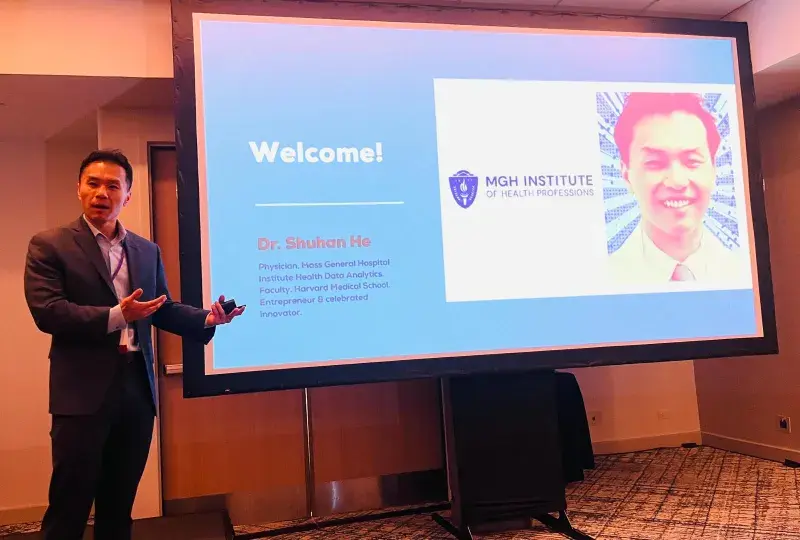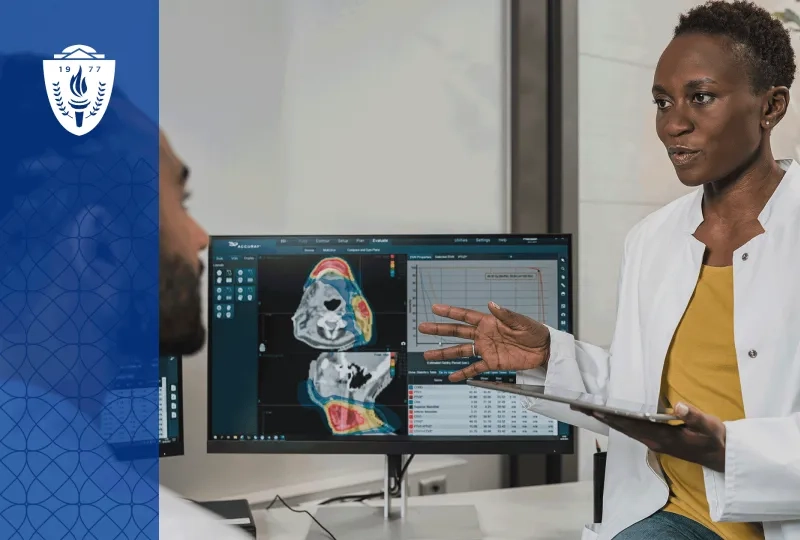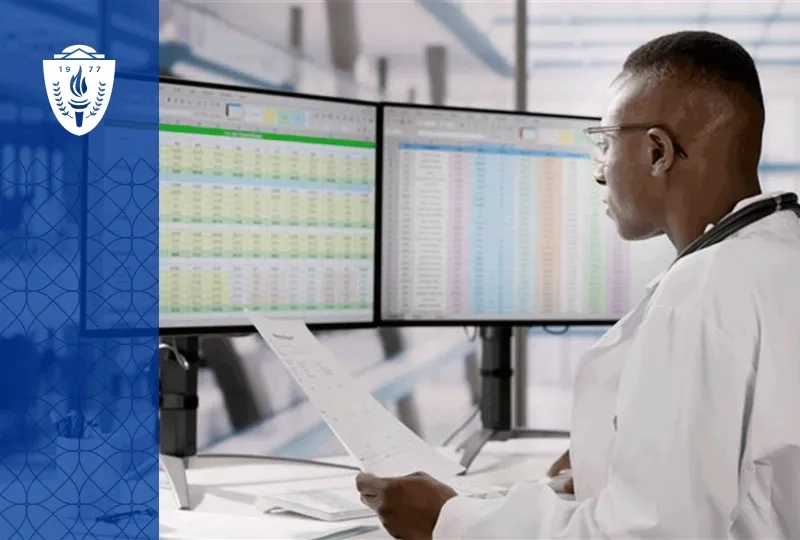
Leverage Data to Drive Healthcare Improvement
Data analytics and data science play a valuable role in improving healthcare and reducing costs by enabling organizations to leverage data to tackle complex problems and make more informed decisions. Data analytics can be used to identify trends and patterns in patient care, improve patient outcomes, reduce costs, and optimize resource allocation. Harness the potential of data for informed decision-making in healthcare, positioning yourself as a leader.













